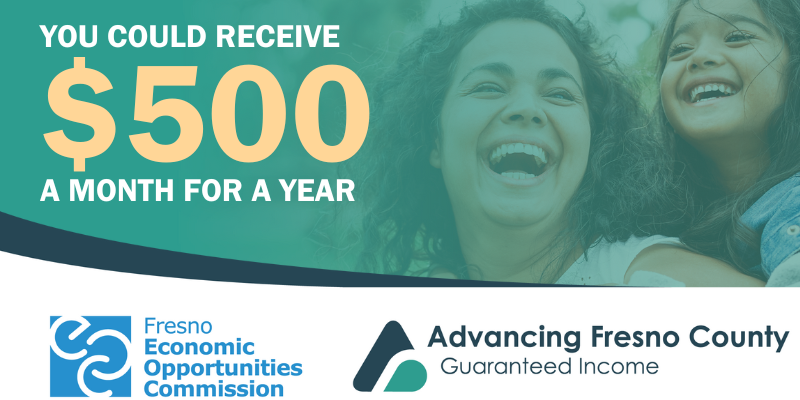Starting Monday, Fresno County will begin a guaranteed basic income program giving 150 low-income households $500 monthly, while similar initiatives grow across California to address economic and racial inequalities.
California Expands Guaranteed Income Programs to Support Low-Income Families
According to the report of Cal Matters, starting Monday, 150 households in Fresno County will get a $500 prepaid card each month with no spending restrictions. This is part of a new guaranteed basic income program for low-income families in Southwest Fresno and Huron. Andy Levine from the Fresno Economic Opportunities Commission said this is a big step forward. Fresno was not included in the state’s $25 million pilot program in 2022, even though many people there live below the poverty line. Thanks to donations, the commission raised about $1 million to start this program. Researchers at Fresno State will study how money affects family health, stress, jobs, and early childhood outcomes.
Other places in California are also trying guaranteed income programs. Sacramento County’s Department of Child, Family, and Adult Services will use a $7.3 million state grant to give $725 a month to 200 Black, American Indian, and Alaska Native families living in poverty for a year. In Pomona, a program will give $500 monthly to 250 people for 18 months. Sean Kline, who used to lead the Stanford Basic Income Lab, said these guaranteed income programs are growing because of the big income gaps, the pandemic’s effects, and the push to address racial injustice after George Floyd died in 2020.
READ ALSO: $100 Million Victory: Arizona Court Strikes Down Prevailing Wage Rule Ordinances – Sets Precedent for Economic Liberty

$500 Monthly Guaranteed Income: A New Hope for 150 Low-Income Families in Fresno County (PHOTO: Yahoo)
Guaranteed Income Programs Aim to Reform State and Federal Policies on Poverty Aid
These guaranteed income programs could change state and federal policies by giving money directly to those in need without much red tape and by challenging negative views about poverty. Kline stressed the importance of giving support without conditions, comparing it to the many tax benefits given to the middle and upper class without questions. He pointed out the unfairness in how society views financial help and called for trusting low-income families to make their own spending choices.
READ ALSO: 100+ Conservative Organizations Back Project 2025 Plan to Eliminate Federally Funded Head Start Program: VP Harris Warns of Devastating Impact on Low-Income Families

















































